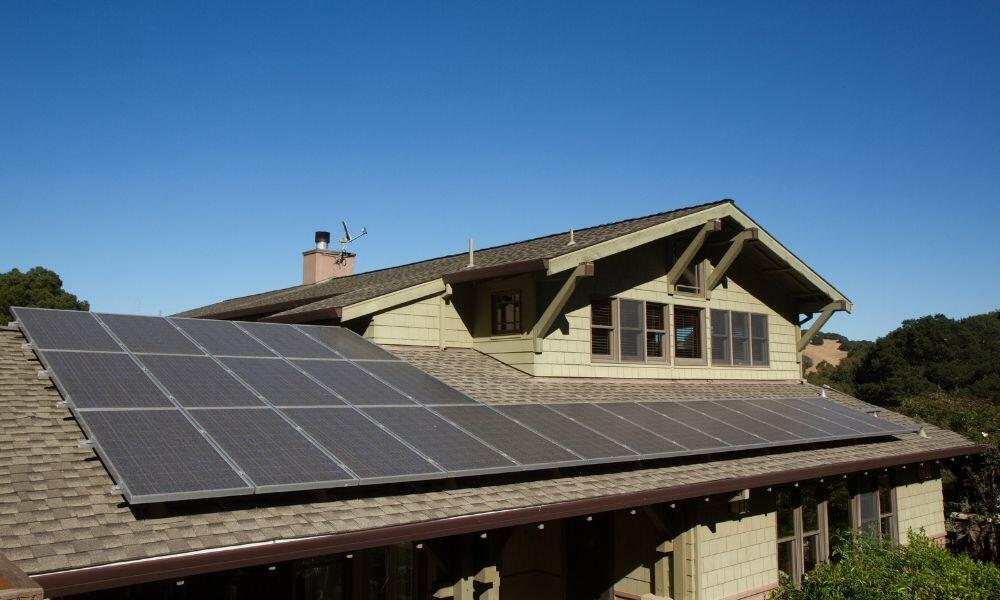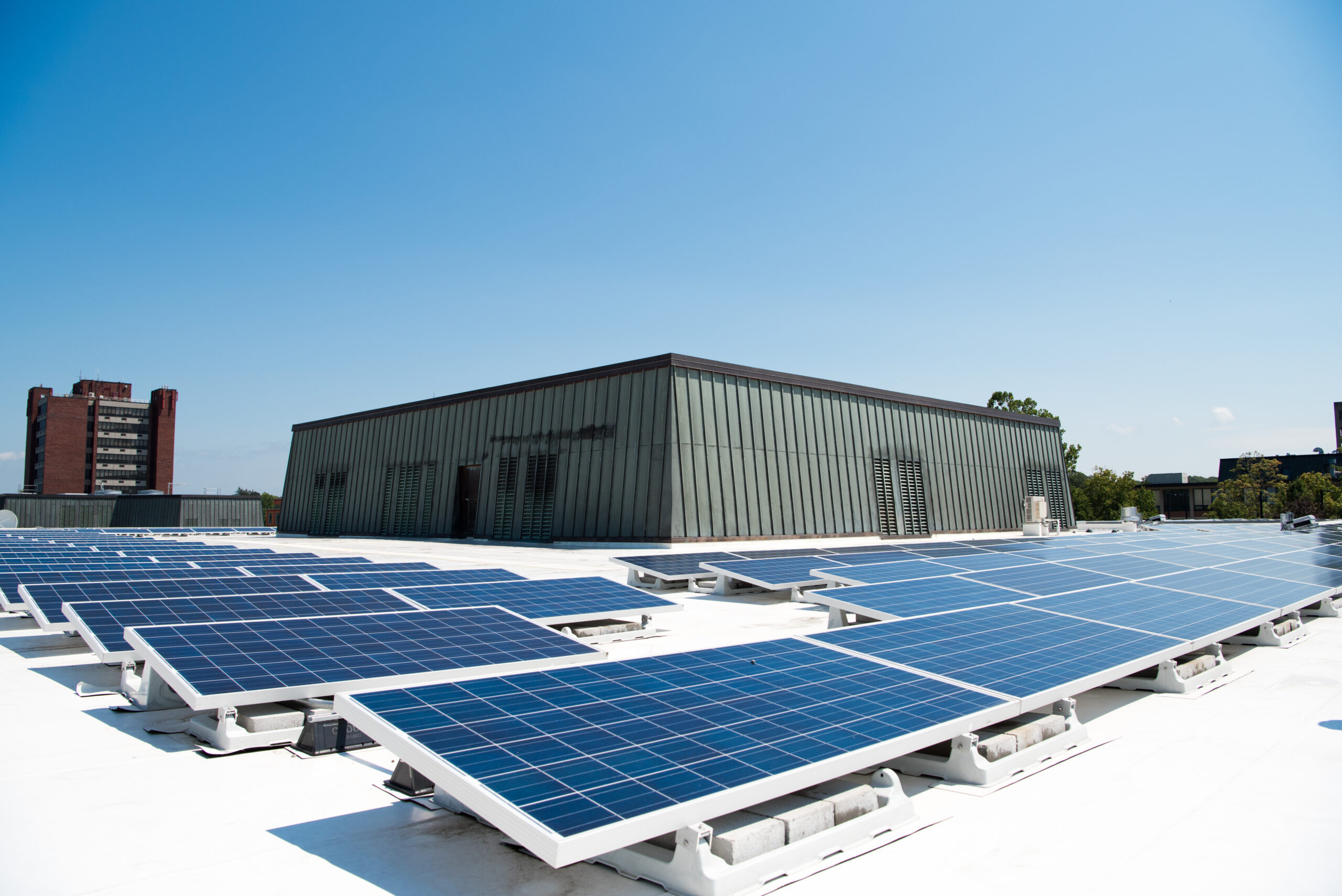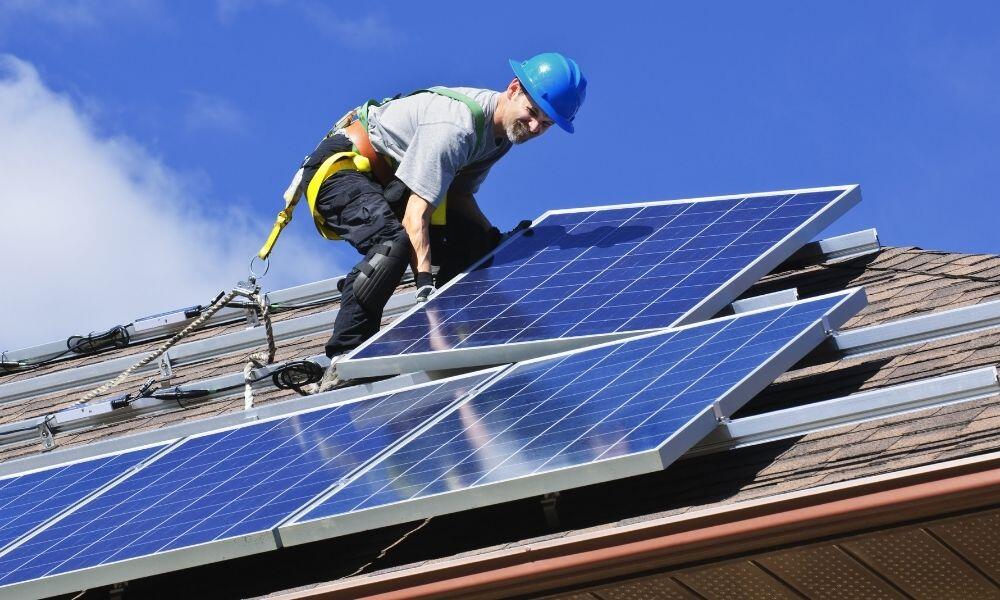Common Misconceptions About Solar Energy

Solar Energy Is Too Expensive
Many people believe that switching to solar energy is too expensive to be worth doing. To be fair, the initial installation of a solar panel system is certainly a financial investment. But it’s an investment that will eventually pay itself off and save you money. When you have a solar panel system, the energy your home or facility uses will come from the solar panels rather than an electrical company, creating an ability to have $0 in electric costs from the utility.
Solar Panels Only Work in Sunny Weather
As solar panels function by producing energy from the sun, potential buyers may be concerned they won’t work when the sky is overcast. But this isn’t the true. Even on a cloudy day, the sun still shines, and solar panels can still collect the photons from those beams to provide you with electricity. It is true, however, that in overcast conditions solar panels operate at a lower efficiency than they do in full, direct sunlight—most experts agree this level is about 25 percent. If you’re concerned your solar panels will regularly be performing at a low efficiency, consider solar battery installation. A solar battery will collect and store any excess energy produced on highly efficient days for later use.
Solar Panels Don’t Work in the Cold
Since heat and sun usually go hand in hand, many people tend to associate sun with heat and assume that solar panels work better in hot weather than cold. In reality, the opposite is true. Solar panels, like most electronics, perform better in cold weather than in extremely hot weather. So, your solar panels will perform better on a cold but sunny winter day than a 90-degree summer day.
Solar Panel Installation Damages Your Roof
Though solar panels can be installed on the ground, they are normally installed on roofs, so it makes sense that people would be concerned that the installation would cause damage. If installed properly by a professional, the solar panel installation won’t damage your roof. On many roofs, the solar panel installation process involves drilling holes to secure the solar panels, but your installer will also install flashings to ensure that your roof remains undamaged and leak free. If you notice your roof is damaged after a solar panel installation, call a professional right away—your system was likely installed improperly, which can be a safety hazard. Further, solar panels actually extend the life of the roof underneath the panels as they absorb the harmful UV rays that degrade roofing materials.
When examined, it’s clear that these common misconceptions about solar energy are largely unfounded, and none of them offers a convincing reason to avoid solar panel installation. If you’re considering solar panel installation, contact us here at Solar Liberty for a solar consultation. We’ll help you decide whether a solar panel system is a good fit for you.




